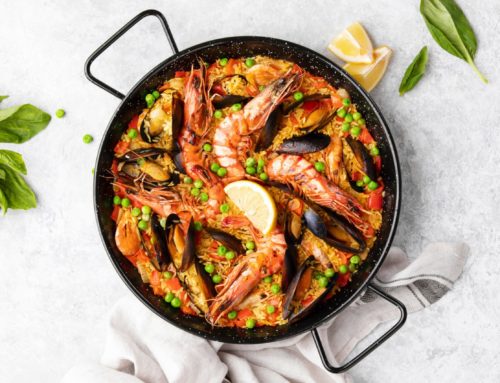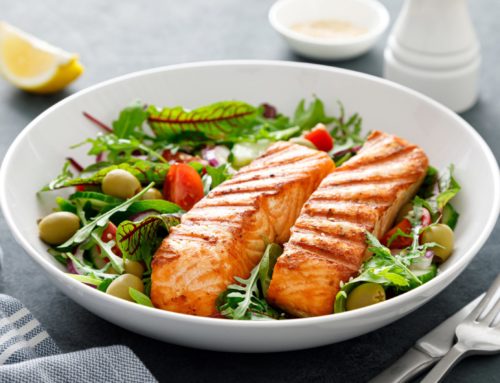It’s no secret that winter brings the desire to eat more. The instinct to fuel up so we can stay warmer and brave the cold is one reason. The other is because carbo-loaded meals are simply more popular and readily available at this time of the year. Whatever the reason for our appetite increase in winter, it’s very normal to cope with long winter evenings by filling up on food. Research and studies show that the brain produces feelings of happiness when one consumes foods that are high in calories and fats.
What does science say?
An interesting observation is that during winter we receive less daylight. This causes our pineal gland to respond to the lack of light by producing higher levels of melatonin (the sleep hormone), making us feel sleepy and relaxed. In such a sleepy state, we often lack energy and motivation, with activity levels naturally decreasing. As we feel the cold, and metabolise more food to generate heat to keep warm, our bodies naturally crave foods rich in carbs to keep warm. It’s wise not to turn to certain types of food as a way to cope with our low energy levels and emotional state.
How does eating affect our emotions?
It is a fact that eating certain foods could maximize your chance of feeling better as you await warm weather. Studies have linked deficiencies of beneficial omage-3 fatty acids to depression and to SAD (seasonal effective disorder). A 2011 study in Nature Neuroscience demonstrated in mice that lower levels of omega-3’s change brain activity. The omega-3 deficient mice had decreased function of specific brain receptors regulating pain and appetite, found in the regions of the brain associated with mood disorders. Other studies have shown that omega-3s appear to help maintain healthy levels of the brain chemicals dopamine and serotonin and that cell membranes are partly made up of omega-3 fats.
What we can learn from the Icelanders
When scientists started to observe the eating habits of Icelanders who experience a dark grim winter, they discovered that these people virtually don’t suffer from any mood disorders or lethargy. What is the reason? Icelanders have one of the highest per-capita fish consumptions out of any populations, more than quadruple that of Americans. With such a high consumption of fish, they are ingesting high amounts of omega 3-fats which play a critical role in brain health – contributing towards stabilizing mood and having anti-depressing effects.
Fatty fish with mood-boosting power to keep you happy and full
Fish such as herring, anchovies, salmon, mackerel, trout, sardines and tuna are all top sources of omega-3s – (long –chain fatty acids EPA and DHA). As our bodies cannot manufacture essential omega-3 fatty acids, we have to consume them. Whatever types of fish you choose to enjoy this winter, make sure you’re having at least two seafood meals per week as a dietary guideline. Visit your nearest Fish4Africa store and opt for some oily fish that will give you a burst of feel good hormones this winter.
Also, check out these 6 low fat fish recipes that are a must to add to your list. Click here to view.








